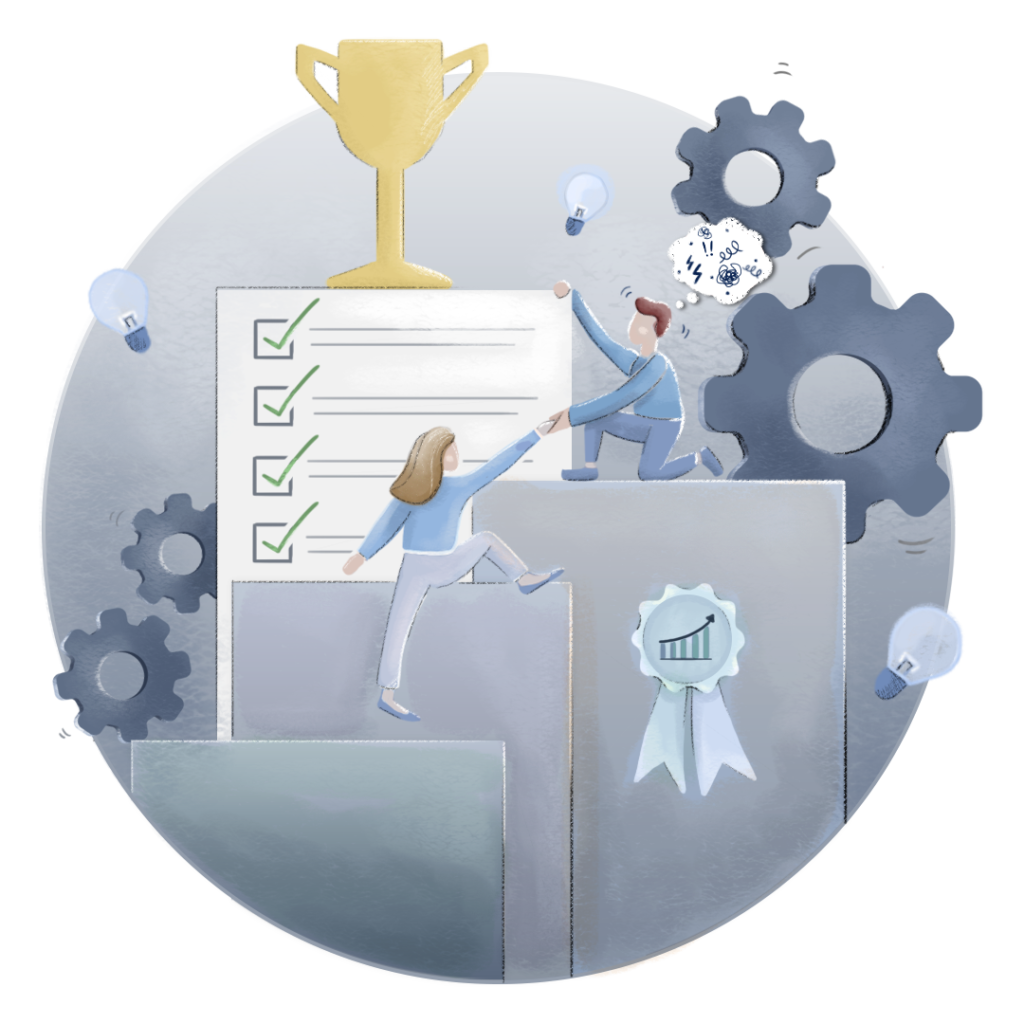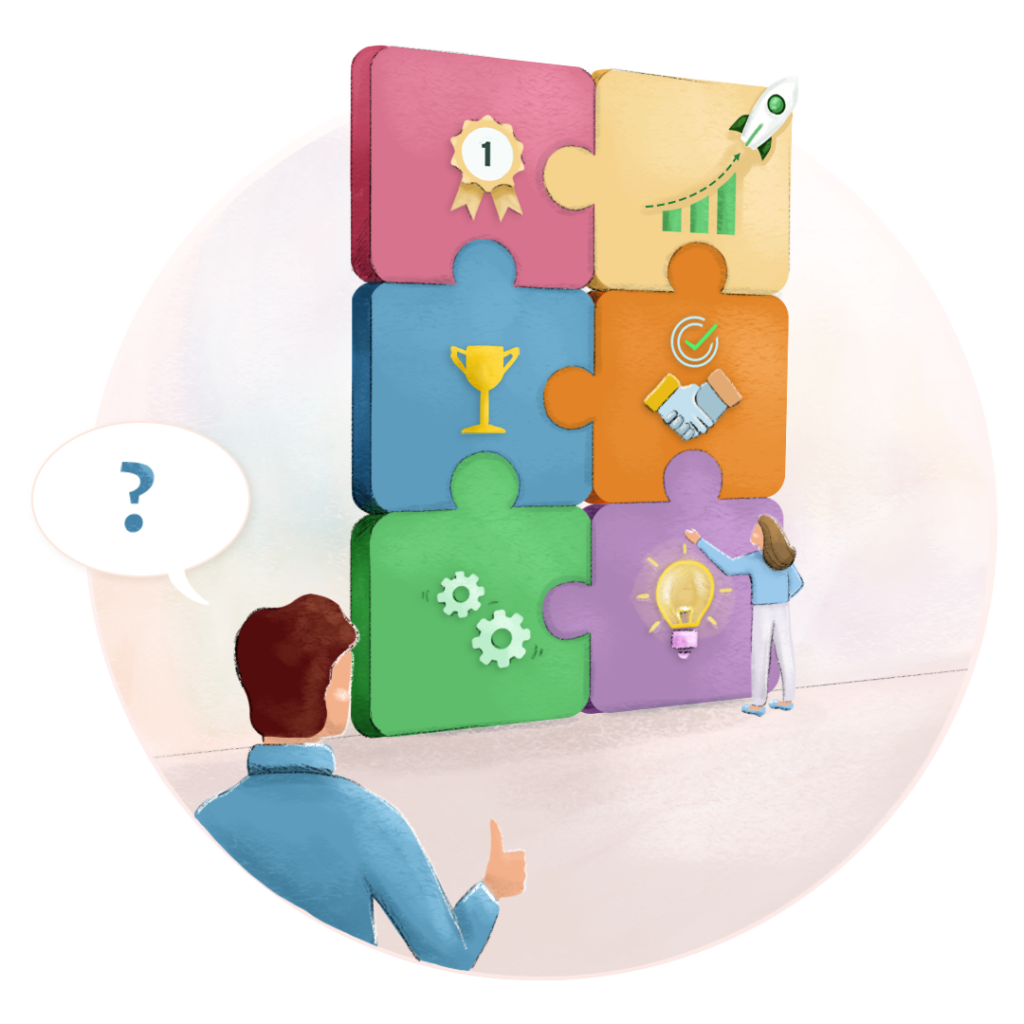I grew up in the world of consulting. I was incredibly lucky to be hired, before completing my undergraduate degree by a global consulting firm. There, I quickly learned that worth and value were measured by the opinions and insights you shared, the solutions you created and the time you spent serving your clients. I was there to demonstrate how capable, experienced and knowledgeable I was at all times regardless of my “actual” level of expertise. In this job I learned to wear a mask that showed me in a better, more commercially viable light and got really good at living that version of myself.
Getting good at this meant that I crushed the rungs of the corporate ladder. I was liked inside the firms, my metrics were great and my clients appreciated me and continuously hired me. Under the veil of success, I came to believe and accept that I was only as good as the things I did and the accomplishments obtained. “Enough” was a moving target. I would never be “enough”.

It wasn’t until 15 years later and a leadership coaching certification (Hudson Institute of Coaching) that I learned that “being” was a much better measure of “enoughness” than doing. By disconnecting what I did as part of my day to day role at work from my definition of enoughness, I could continue to be a great performer, deliver impactful results and achieve great things while minimizing the effects of shame, anxiety, fear, insecurity, embarrassment, guilt, helplessness and the impact of those things in my self esteem. Furthermore, by creating space between who I am and what I do, I was more valuable to those around me – by training as a coach, I became a better consultant
Coaching should not be confused with consulting, mentoring or advising. The coaching process is one where the client is empowered to identify, evaluate and implement their own solutions through closely evaluating and inquiring deeply about the situations at hand. However, incorporating aspects of a coaching approach to my consulting interactions enabled me to…
- Listen to understand – rather than anxiously waiting for an opening to respond and demonstrate my expertise and value, I learned to be present for the client and in full service of the client’s objectives.
- Ask better questions – be genuinely curious about what the client is going through without bringing in my own agenda and ask thought provoking, open ended questions that open up possibilities, encourage reflection and uncover hidden root causes to the issues we are addressing.
- Control my biases and practice humility – remain aware of what I am bringing into the conversation to ensure I am bringing expertise where appropriate and not taking over based on what I think the situation and solution is vs. what it actually is.
- Better tailor solutions – Hand in hard with controlling my biases, coaching skills support the creation of solutions that are truly fit for purpose – just because they worked somewhere else, doesn’t mean they will work everywhere.
- Retain professional distance – my client’s anxiety and problems do not have to become my own. I am there to help but not to rescue. Clients are resourceful and my job is not to assimilate the issues that made them hire me in the first place.
- Be more collaborative – I’ve always said that people support the things they help create. This is even more true when they are authors of their own solutions through a highly involved and collaborative process.

As a consultant, I bring knowledge and experience. This experience helps create some boundaries to what the work should be based on what others have found successful or the pitfalls they encountered. As a coach, I create the space and bring the process where the client can identify and understand their issues and harness their strengths to develop the solution. It turns out that coaching skills have been found to have significant impacts on client outcomes such as performance, job satisfaction, efficacy, resilience among other psychological and behavioral outcomes.
Becoming a coach made me a better consultant.
If you want to experience what it’s like to lead authentic, human-centric organizational change. Get in touch with us.
2018 meta-analysis of 22 studies on coaching effectiveness found that coaching had a significant positive effect on individual and team performance, as well as on a range of psychological and behavioral outcomes (Theeboom et al., 2018).
Another study found that coaching was associated with increased job satisfaction, self-efficacy, and resilience among employees (Liu & Allcorn, 2017).












